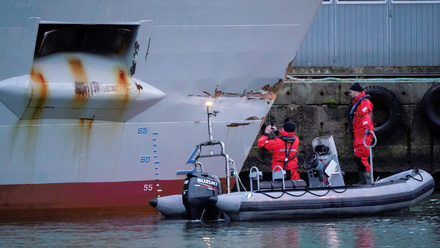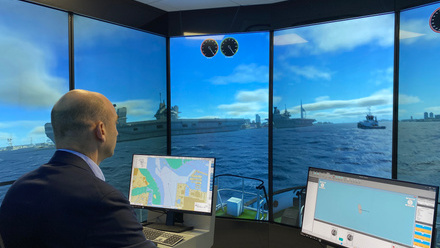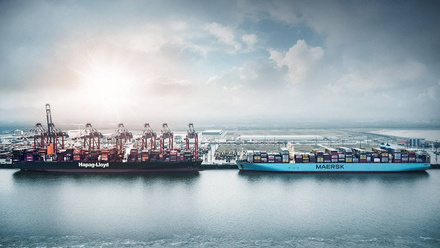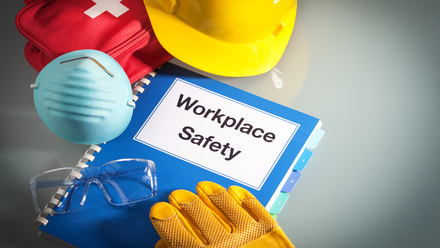WEBINAR: The HUMANE Project
The HUman Maritime AutoNomy Enable (HUMANE) project was instigated to contribute constructively to the future of ‘autonomous shipping’. It quickly became clear that the various visions of increasingly autonomous maritime operations, as it was presented in the media, at conferences and as parts of company communications, were all building on different sets of expectations, assumptions and preconditions, and mostly of a varied nature.
Often, these expectations were however not very explicit, and their span was – and remains to be – very wide, ranging from being purely of a technological capability nature, to the other end the spectrum, where certain human skills and actions were expected in a variety of contexts. In between, there were, and still are, underlying expectations to future legal aspects, training aspects, economical aspects, safety aspects, security aspects and maintenance aspects; to mention the major areas in play. These expectations, assumptions and preconditions are crucial components in a more autonomous maritime future.
The findings from the HUMANE project are about what we do with Artificial Intelligence and Machine Learning in the maritime sector, and how we get the benefits without the downsides. It presents a snapshot of current thinking about a more autonomous maritime industry, as well as a series of thoughts and suggestions on potential enablers of change and how Ergonomics/Human Factors methods may be of aid.
About The Speakers
Margareta Lützhöft is a master mariner, trained at Kalmar Maritime Academy in Sweden. After leaving the sea, she studied for a Bachelor’s degree in Cognitive science and a Master’s in Computer Science. In 2004 she received a PhD in Human-Machine Interaction. Presently she is holding a position as Professor in the MarSafe group at the Western Norway University of Applied Sciences. Her research interests include human-centered design and the effects of new technology.
Erik Styhr Petersen graduated as a Naval Architect (BSc) in 1983, and worked as a consulting naval architect until 1996, being involved primarily in structural design and ship stability on both new-buildings and conversions. Since the midsummer of 2020, Petersen holds the positions of Senior Researcher at the Western University of Applied Science in Haugesund, Norway, and at NTNU in Trondheim, Norway, his main activity being to coordinate the OCEAN project.
Jonathan Earthy, Human Factors Coordinator, Lloyd's Register (LR) Technical Directorate is LR's technical authority for human factors and leads the introduction of Ergonomics into Class. Jonathan has a BSc from Durham, a PhD from Aston and is a professor II at the University of Western Norway. He was technical supervisor of the award-winning LRF Alert! human element awareness-raising initiative and is chair of ISO TC159/SC4 Ergonomics of human-system interaction, a member of the: SIGTTO Human Element Focus Group, Maritime CHIRP Advisory Board, IMarEST Human Element and MASS SIGs, and the IMO MASS Correspondence Group.
Watch the full video on Youtube or catch up on IMarEST TV using the button below.






